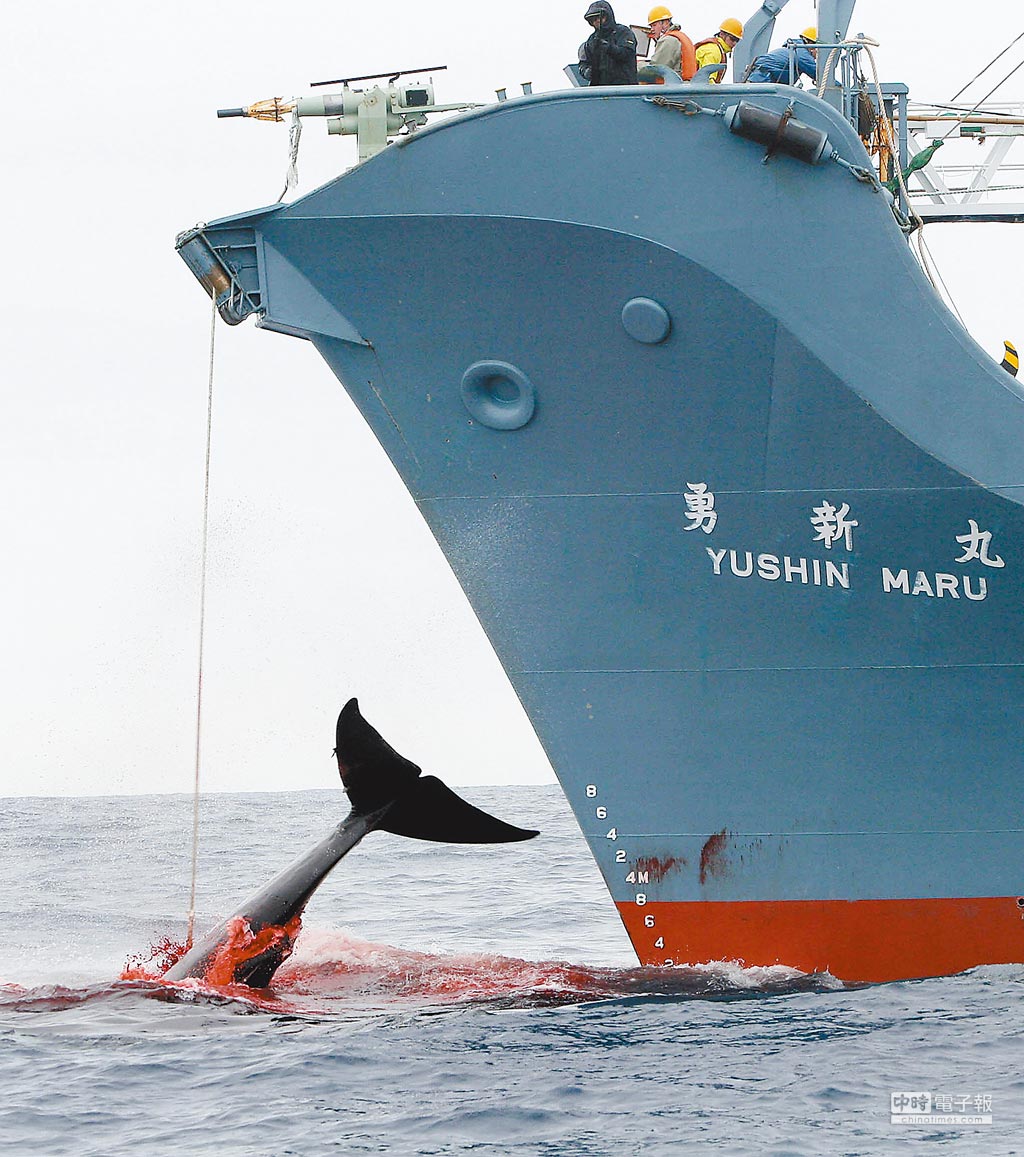Japan’s whaling practices have long been a subject of international controversy and concern. Despite global efforts to protect whale populations, Japan continues its whaling operations under the guise of “scientific research” and cultural tradition. However, the reality is that Japanese whaling poses significant threats to marine ecosystems and undermines global conservation efforts.
First and foremost, Japanese whaling contributes to the decline of whale populations worldwide. Many species targeted by Japanese whalers, such as the minke whale, are already endangered or vulnerable. By indiscriminately hunting these creatures, Japan disrupts the delicate balance of marine ecosystems and jeopardizes the biodiversity of our oceans.
Moreover, the methods employed by Japanese whalers are often cruel and inhumane. Whales are hunted using harpoons that can cause immense suffering and slow deaths. Additionally, the sheer scale of Japan’s whaling operations means that countless whales suffer agonizing deaths each year, further exacerbating the ethical concerns surrounding this practice.
Furthermore, Japanese whaling has negative implications for global efforts to combat climate change. Whales play a crucial role in mitigating climate change by sequestering carbon through the consumption of krill and other small marine organisms. By reducing whale populations, Japan not only disrupts marine ecosystems but also undermines nature’s ability to regulate climate.
The continuation of Japanese whaling also sets a dangerous precedent for other countries to disregard international conservation agreements. Despite the International Whaling Commission’s moratorium on commercial whaling, Japan has repeatedly exploited legal loopholes to justify its whaling activities. This defiance undermines the authority of international agreements and weakens the effectiveness of global conservation efforts.
Moreover, Japanese whaling perpetuates outdated cultural practices that are no longer sustainable in the modern world. While some argue that whaling is an integral part of Japanese culture, it is essential to recognize that cultural traditions should not come at the expense of environmental sustainability and animal welfare.
In conclusion, Japanese whaling poses significant threats to marine ecosystems, animal welfare, and global conservation efforts. It is imperative for Japan to end its whaling activities and instead focus on sustainable and humane alternatives. Additionally, the international community must continue to pressure Japan to abide by international agreements and uphold the protection of our oceans and marine life. Only through collective action can we ensure a future where whales and other marine species thrive in their natural habitats.

Leave a Reply